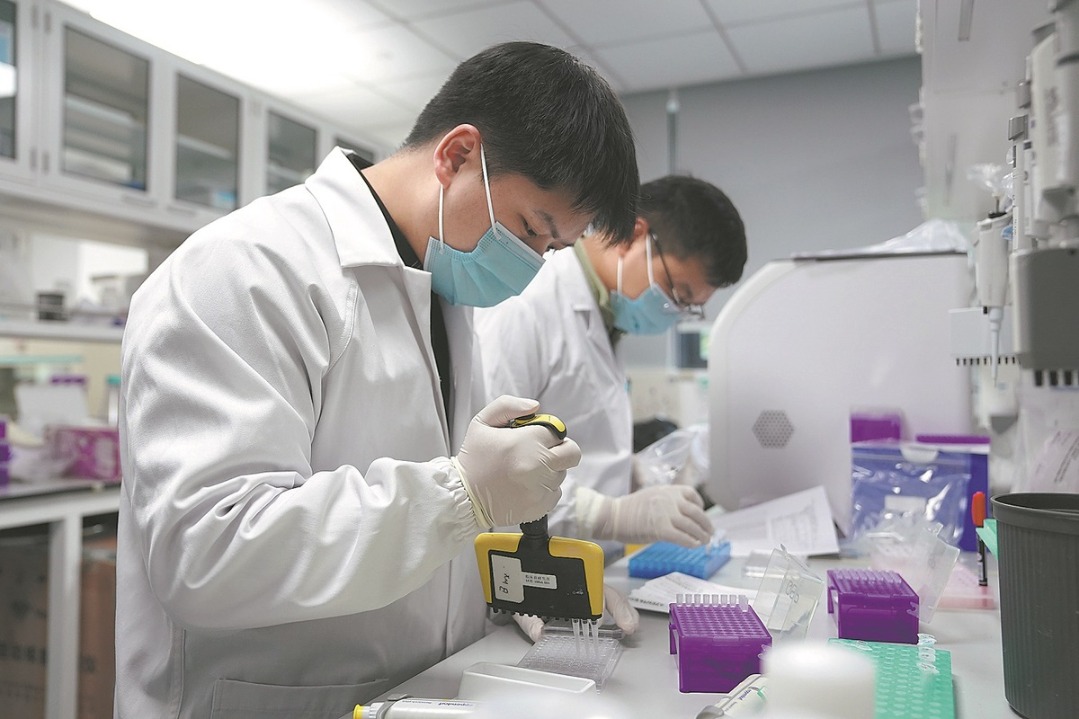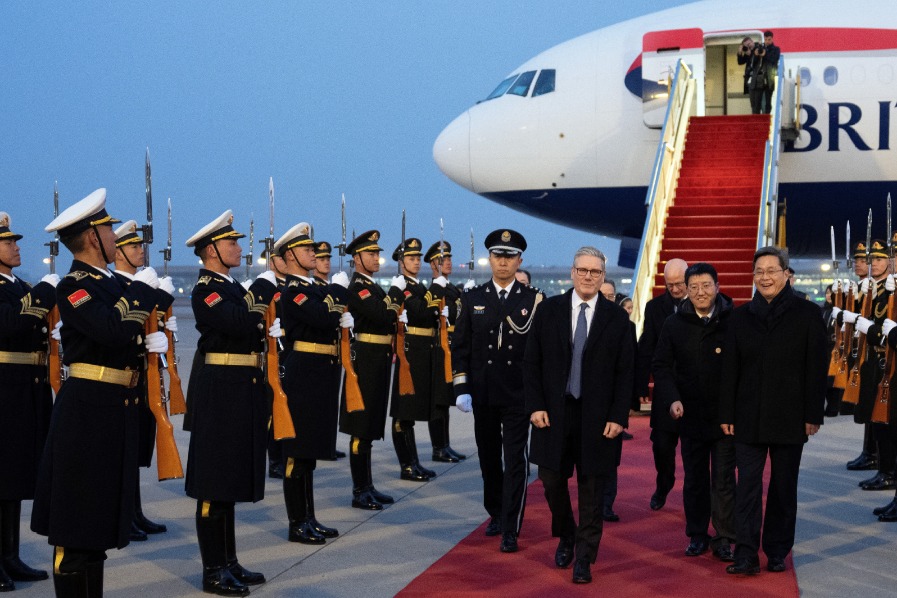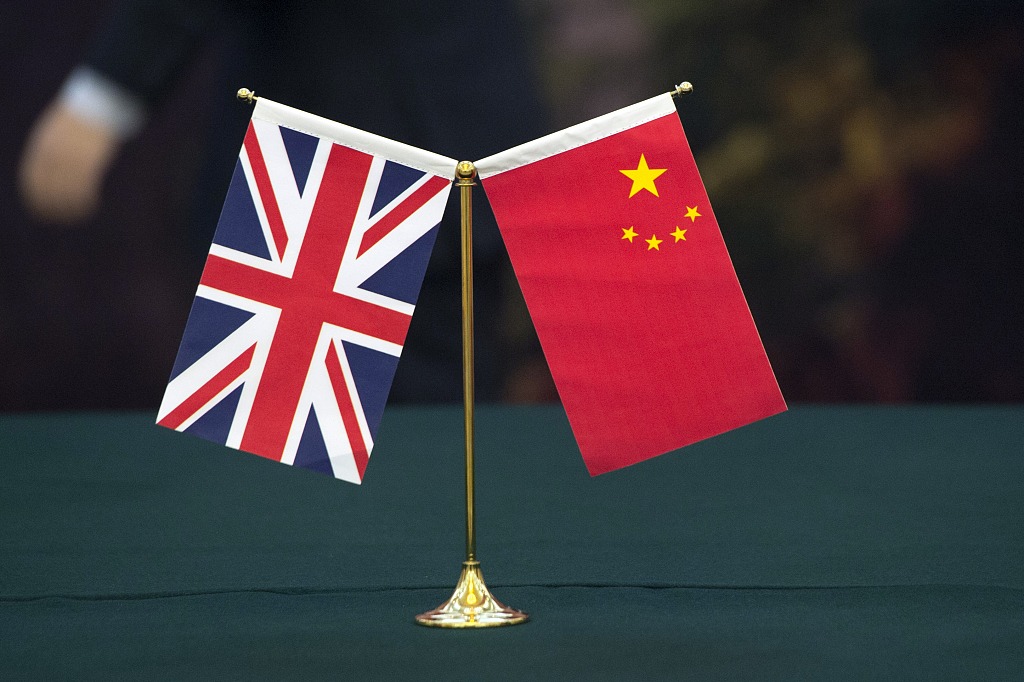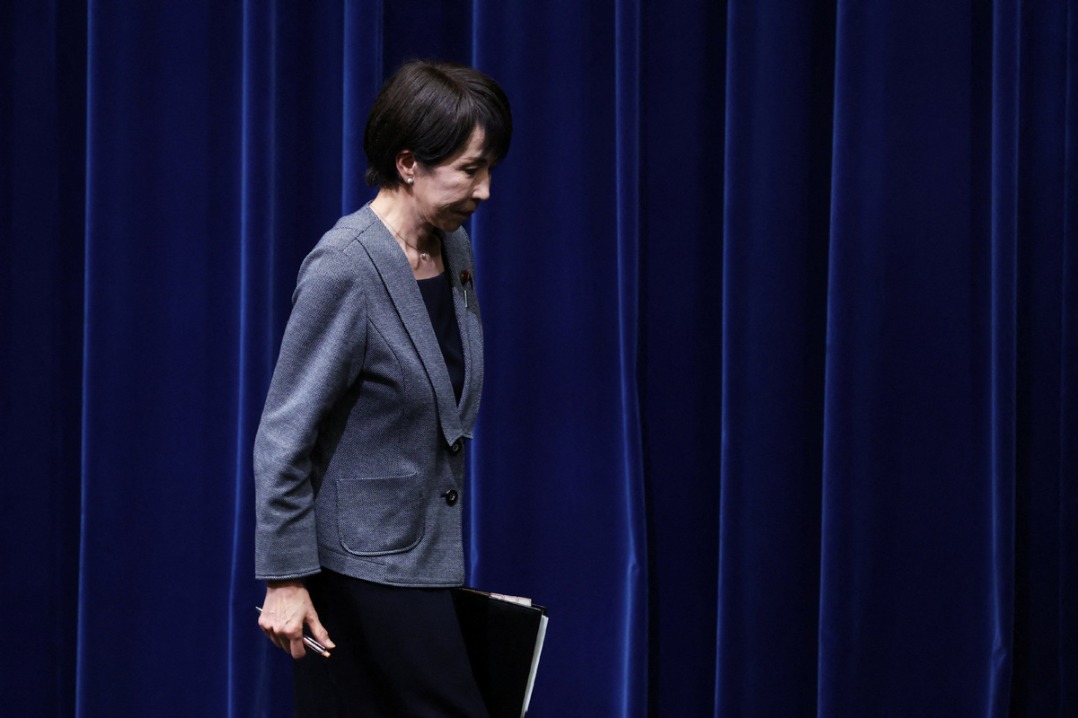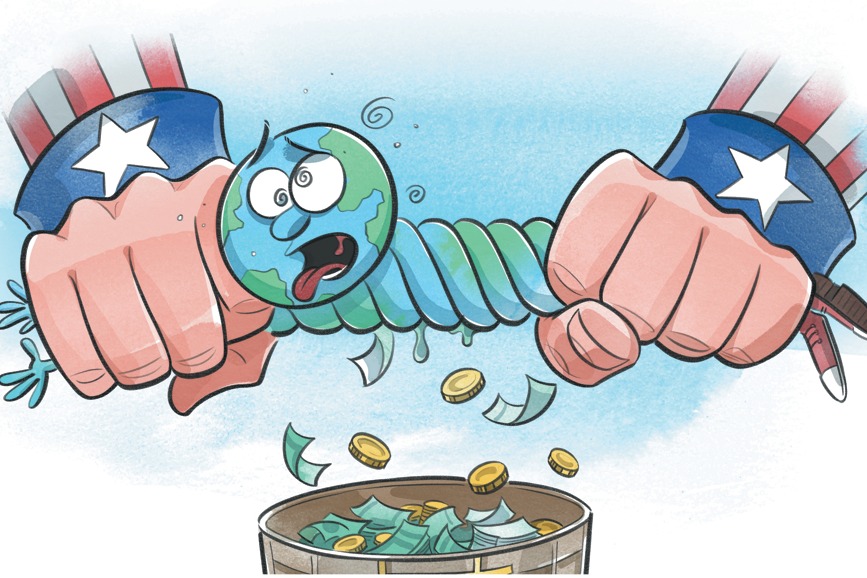Cooperation and solidarity key to fight pandemic


When the novel coronavirus outbreak was first reported a few months ago, people did not realize it would turn into a global pandemic. Initially, when East and Southeast Asian countries such as China, the Republic of Korea and Singapore were battling the outbreak, it still looked like a bushfire across the river to some other countries.
But within a couple of months, the virus spread across the world, and no country seems to be safe from the virus. The United States and Western European countries are among the hardest hit, but the virus doesn't recognize caste, creed, color, social status or borders. Yet the measures to contain the virus that most countries have adopted are nationalistic, whereas the outbreak is global.
Indeed, there is a lack of the spirit of global solidarity and international cooperation needed to defeat a common enemy. Closing borders is not the only way to contain a pandemic. Instead, to control the outbreak, every country needs to share the information it has on the virus with the international community, help other countries with medical supplies and other essential commodities, and provide financial and material aid for developing countries.
Although, at the moment, the numbers of confirmed infections and casualties in developing countries, mostly in the southern hemisphere, are relatively low compared with Western countries, no one can say with certainty what will happen next in these countries. If new cases rise rapidly in these countries, it could lead to a disaster. That's why the international community, especially the major economies, should help poorer countries fight the outbreak.
To find out more efficient and better ways of containing the spread of the virus, countries need to learn from the measures taken by other countries. One such country is the Republic of Korea, which was the hardest hit after China until late February. Yet the total number of confirmed cases in the ROK was 10,801 on Tuesday, much lower than the US and Western European countries. The ROK also has dramatically lower infection and death rates per million people. As such, it would be helpful to examine some of the measures the ROK government has taken to control the spread of virus.
The most impressive is the early-detection and assertive-test measure. By the time the first cluster was identified in the southeastern city of Daegu in late February, the ROK authorities were ready to tackle the outbreak thanks to years of preparation. The government launched a comprehensive test, trace and contain campaign to prevent the spread of the virus, providing free tests for every person suspected of being infected, and widely publicized the symptoms of COVID-19 while urging anyone with symptoms such as fever, sore throat or coughing to visit a public health center to undergo a free test for the virus. And those who tested positive were admitted to the hospital for treatment.
In late February and early March, my smartphone used to beep constantly with alerts telling me to avoid certain places as new confirmed cases had been detected there. Since almost everyone in the ROK has a smartphone, it was an effective way of warning people to take precaution against infection. People did not regard this as the invasion of privacy, because public health matters more than anything else in such a situation.
Equally importantly, people in the ROK maintained social distancing from the beginning. Thanks to everyone wearing a face mask and maintaining social distancing, no city in the ROK had to be put under a complete lockdown.
Governments of different countries have responded differently to the coronavirus pandemic. But no matter what the differences are, we cannot overcome this global public health crisis if we adopt a nationalist approach. We need global solidarity and cooperation to defeat the novel coronavirus.
To be sure, the economic damage caused by the pandemic will be severe, estimated by the International Monetary Fund as being second only to the Great Depression. So to bring the virus to heel, we need to do more than closing borders. Even if a country succeeds in controlling the outbreak, it cannot be safe, for instance, if its neighboring country is not free of the virus.
We need a global alliance to help each other to cope with the pandemic. And although the number of cases in East Asian countries is not as high as that in the US or Western European countries, they should continue to be on high alert and help other countries to fight the pandemic-which they have been doing-in the spirit of the East Asian community which emerged in the wake of the Asian financial crisis of 1997.
The author is a professor in the Department of Political Science and Diplomacy, Pusan National University, the Republic of Korea. The views don't necessarily reflect those of China Daily.
















